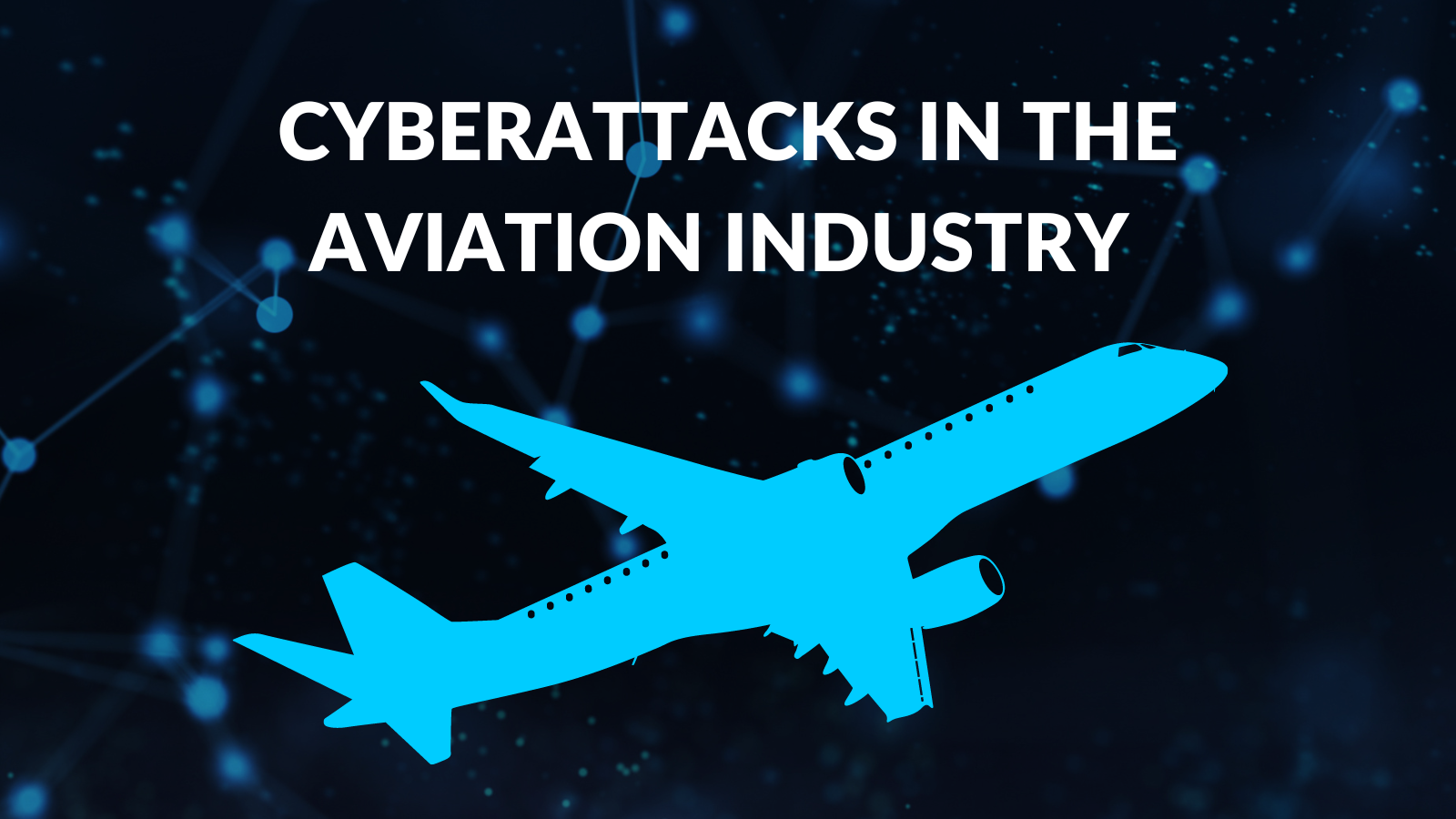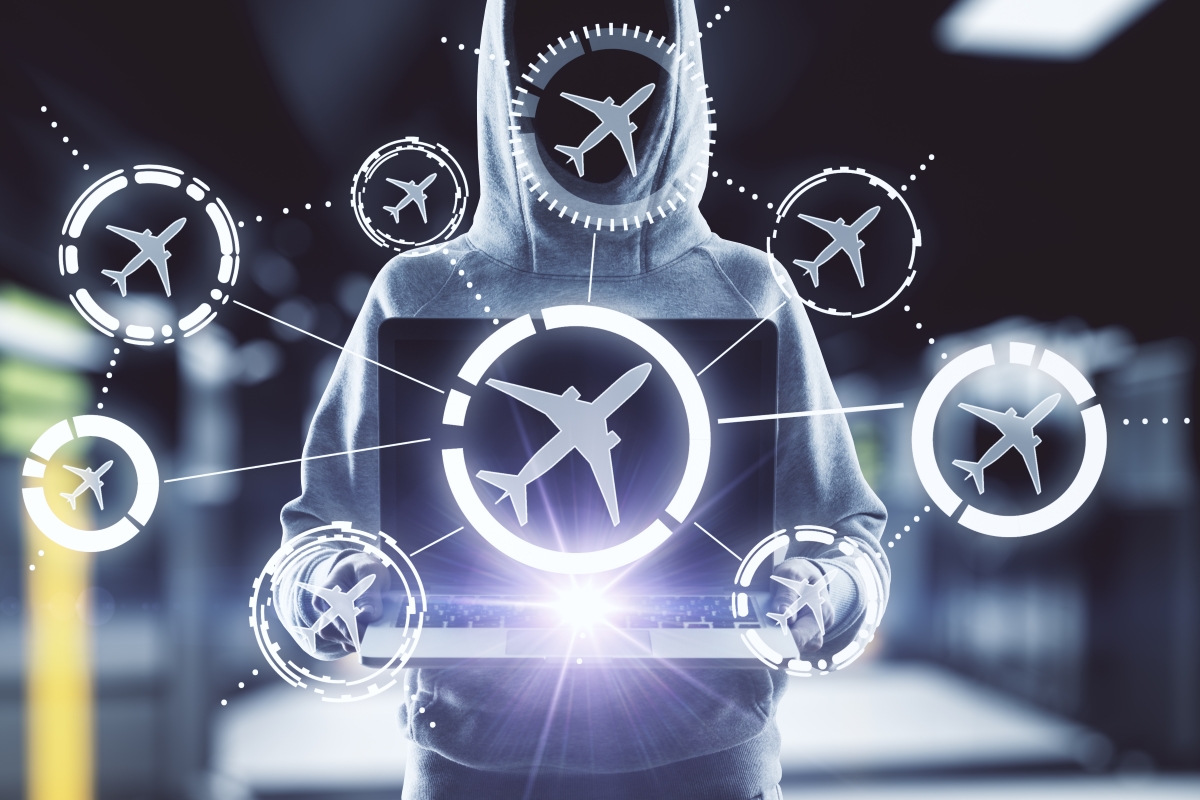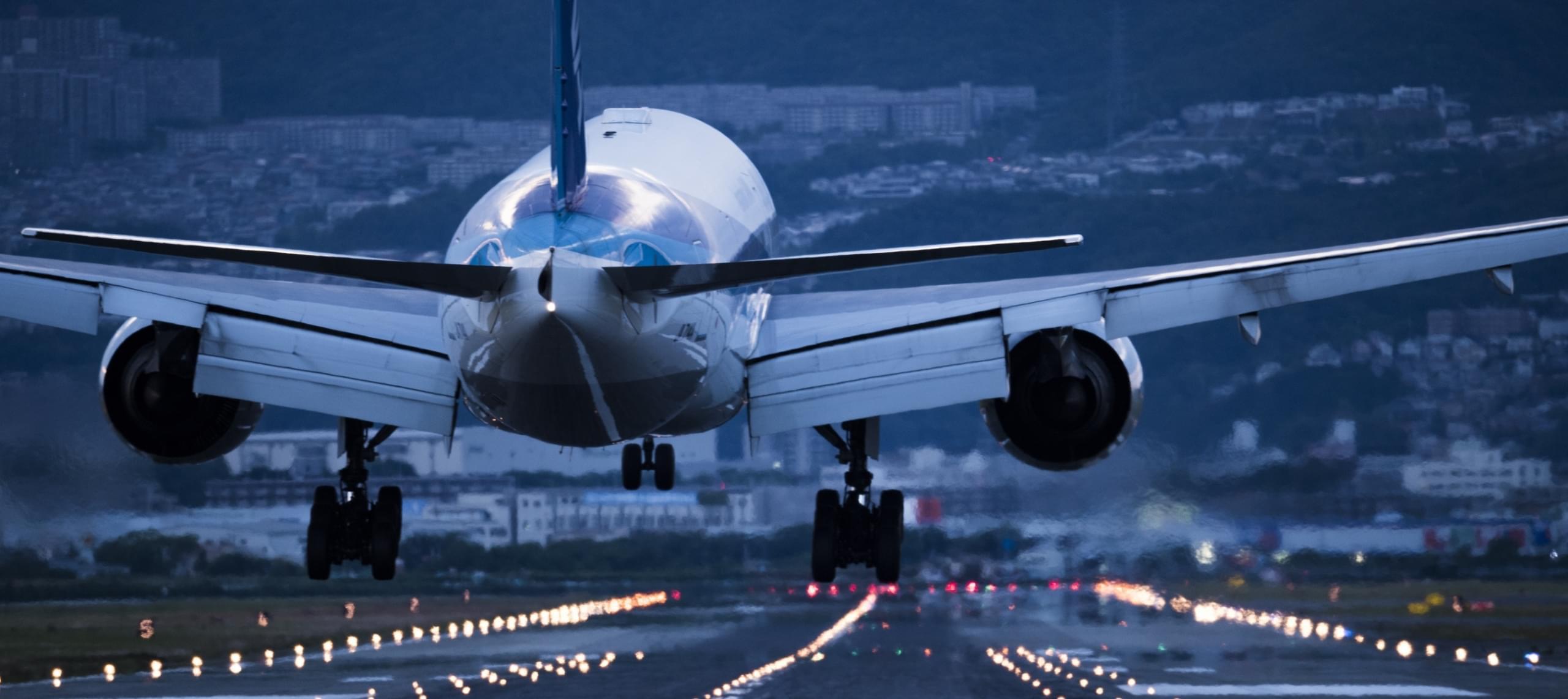
In recent weeks, a serious threat has emerged in global aviation, manifesting as GPS spoofing incidents affecting civilian transport aircraft traversing sensitive airspace near conflict zones.
This new menace involves the transmission of fake GPS signals, resulting in complete navigation failures and potentially hazardous deviations into restricted airspace without clearance.
OpsGroup, a prominent organization specializing in international flight operations, has documented a troubling escalation with 20 separate incident reports as of September 28, 2023.

These incidents primarily occurred in the Iraq-Iran region, raising concerns about deliberate targeting by unidentified entities seeking to exploit vulnerabilities in navigation systems.
Unlike GPS jamming, which disrupts GPS signals but allows aircraft to rely on alternative navigation inputs, GPS spoofing poses a more insidious threat.
It manipulates the aircraft's Flight Management System (FMS) into believing false GPS coordinates, leading to significant deviations from intended flight paths—up to 60 nautical miles off-track—and complete failure of the Inertia Reference System (IRS).

The IRS, crucial for providing precise navigation data using gyroscopes and accelerometers, becomes compromised when fed erroneous GPS signals. This vulnerability underscores current navigation software's lack of defence mechanisms to detect and counter such attacks.
Recent incidents highlight the critical need for industry-wide collaboration to develop robust defences against GPS spoofing. The upcoming industry meeting scheduled for January aims to address these vulnerabilities and formulate effective strategies to safeguard global aviation operations.
A specific incident reported by OpsGroup on September 9 involved a Challenger 604 aircraft en route from Europe to Qatar via Turkish and Iraqi airspace.

Initially encountering minor GPS jamming over Bulgaria, the aircraft's navigation systems failed entirely near the Turkey-Iraq border, drifting 70-90 miles off course with erroneous ground speed indications. This necessitated reliance on Air Traffic Control (ATC) vectors for safe navigation.
Similarly, on September 15, an Embraer Legacy 650 on Airway UM688 experienced similar failures, nearly breaching Iranian airspace without clearance. Other affected aircraft include the Challenger CL650, Dassault Falcon 8X, and Bombardier Global Express, indicating a widespread operational impact across various aircraft types.
Flight crews are advised to monitor for signs such as large Estimated Position Uncertainty (EPU), UTC discrepancies, and anomalous GPS position readings to mitigate the risks associated with GPS spoofing.

In-flight responses may include de-selecting GPS inputs to revert to DME/DME or VOR/DME modes, provided ground-based navigation aids are available, or relying on dead reckoning if GPS data is completely compromised.
Industry leaders, including avionics manufacturers like Honeywell, are exploring advanced navigation systems integrating alternative technologies such as Vision Aided Navigation and Celestial Aided Navigation, originally developed for military applications.
These systems offer un-jammable positioning capabilities using optical or infrared imagery and star tracking, significantly enhancing navigation integrity in GPS-denied environments.

However, adapting military-grade solutions for civilian aircraft involves substantial challenges due to complexity and cost. Nonetheless, insights gained from military applications are invaluable for addressing emerging threats in civil aviation, necessitating enhanced collaboration between manufacturers, regulators, and aviation stakeholders.
As the aviation industry navigates this evolving landscape of cyber threats, ensuring the integrity of GPS navigation systems remains paramount.

Comprehensive strategies encompassing technological advancements, regulatory frameworks, enhanced training for aviation professionals, and robust incident reporting systems are essential to safeguarding global air transportation from the perils of GPS spoofing.
While the recent surge in GPS spoofing incidents poses significant challenges, proactive measures and innovative solutions are critical in fortifying aviation security. The concerted efforts of industry leaders and stakeholders are pivotal in developing resilient defences against emerging cyber threats, reinforcing the industry's commitment to safety and operational reliability.
Delta Air Lines Commits $250 Million to Forge a New Southern Powerhouse » VIDEO: With Airbus Inside TAAG Angola's Airbus A220-300 » Southwest’s New Era Begins: Assigned Seating Now in Effect »
Comments (0)
Add Your Comment
SHARE
TAGS
NEWS Cybersecurity GPS Aviation AIrlineRECENTLY PUBLISHED
 Wizz Air UK Sidesteps Scheduled U.S. Routes for Strategic Charters
Wizz Air UK has formally detailed its North American strategy, pivoting away from scheduled transatlantic routes in favour of a specialised charter model for the 2026 season. Despite a high-profile filing with the U.S. Department of Transportation (DOT) on January 23, 2026, the airline is not planning to launch a scheduled low-cost carrier (LCC) assault on legacy titans just yet. Instead, the carrier is pivoting toward a high-impact, ad-hoc charter strategy designed to capitalise on the 2026 FIFA World Cup.
STORIES
READ MORE »
Wizz Air UK Sidesteps Scheduled U.S. Routes for Strategic Charters
Wizz Air UK has formally detailed its North American strategy, pivoting away from scheduled transatlantic routes in favour of a specialised charter model for the 2026 season. Despite a high-profile filing with the U.S. Department of Transportation (DOT) on January 23, 2026, the airline is not planning to launch a scheduled low-cost carrier (LCC) assault on legacy titans just yet. Instead, the carrier is pivoting toward a high-impact, ad-hoc charter strategy designed to capitalise on the 2026 FIFA World Cup.
STORIES
READ MORE »
 Porter Airlines Expands 2026 Summer Schedule With New Nashville and Boston Routes
Toronto-based Porter Airlines has officially unveiled its most ambitious summer schedule to date, marking a 20% increase in network capacity for 2026. The expansion, announced today, January 29, 2026, introduces a new cross-border service to Nashville and Boston, while significantly bolstering domestic connectivity from the airline's hubs in Toronto, Ottawa, and Montreal.
ROUTES
READ MORE »
Porter Airlines Expands 2026 Summer Schedule With New Nashville and Boston Routes
Toronto-based Porter Airlines has officially unveiled its most ambitious summer schedule to date, marking a 20% increase in network capacity for 2026. The expansion, announced today, January 29, 2026, introduces a new cross-border service to Nashville and Boston, while significantly bolstering domestic connectivity from the airline's hubs in Toronto, Ottawa, and Montreal.
ROUTES
READ MORE »
 American Airlines Announces Return to Venezuela After 7-Year Hiatus as Airspace Reopens
In a historic pivot for Western Hemisphere aviation, American Airlines has today, January 29, 2026, announced its intention to resume nonstop commercial service to Venezuela. The move follows a directive from the White House to reopen commercial airspace between the two nations for the first time since the indefinite suspension of flights in May 2019.
ROUTES
READ MORE »
American Airlines Announces Return to Venezuela After 7-Year Hiatus as Airspace Reopens
In a historic pivot for Western Hemisphere aviation, American Airlines has today, January 29, 2026, announced its intention to resume nonstop commercial service to Venezuela. The move follows a directive from the White House to reopen commercial airspace between the two nations for the first time since the indefinite suspension of flights in May 2019.
ROUTES
READ MORE »



